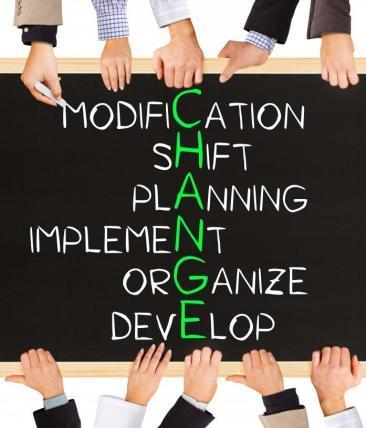
New sales leadership can pose a challenge for the manager, the sales team, and sales processes. While reading about promotions and new roles in the Baltimore/D.C. markets, I was struck by Broadsoft Inc.’s appointment of Dino Di Palma to Chief Revenue Officer. Dino has stepped up to the challenge of a newly created role, at a new employer, in a new year, which implies new goals and initiatives. New leadership can reinvigorate sales efforts but also runs the risk of miring performance in uncertainty.
Without understanding the need for change or the vision for the future, people will resist change because they perceive it to not be in their best interest. Bias against change exists because changing requires at least an investment in time and energy to enact the modification. A willingness to make that investment means that the affected person needs to recognize and acknowledge the benefits of the end state of the change.
As companies experience change, the jobs of the sales team and the ways in which sales people must perform their jobs, also change. Poor managers believe that sales people who are paid to do a job can simply be told to change. But employees often don’t receive a comprehensive justification for why changes are necessary, so they rarely have an opportunity to recognize the long-term value to the company and ultimately to themselves.
This fact underscores the need to communicate the reasons and benefits of change to the people affected by and expected to carry it out. Setting a plan for change that recognizes that change is not instantaneous will let the team transition through change. Change must be phased in as existing routines and priorities are phased out. It will take time.
Managing organizational change requires thoughtful planning and responsive implementation. Effective sales leaders must communicate and consult with the people affected by the change. If you attempt to force change on people, problems are likely to arise.
If you want to meet new or greater goals, change is unavoidable. The manager who recognizes the dynamics of change can make the transition through change energizing rather than demoralizing for the people affected. The more you inform your people about the need and benefits of change, and involve them in the development and implementation of the plan for change, the smoother the transition will be.


